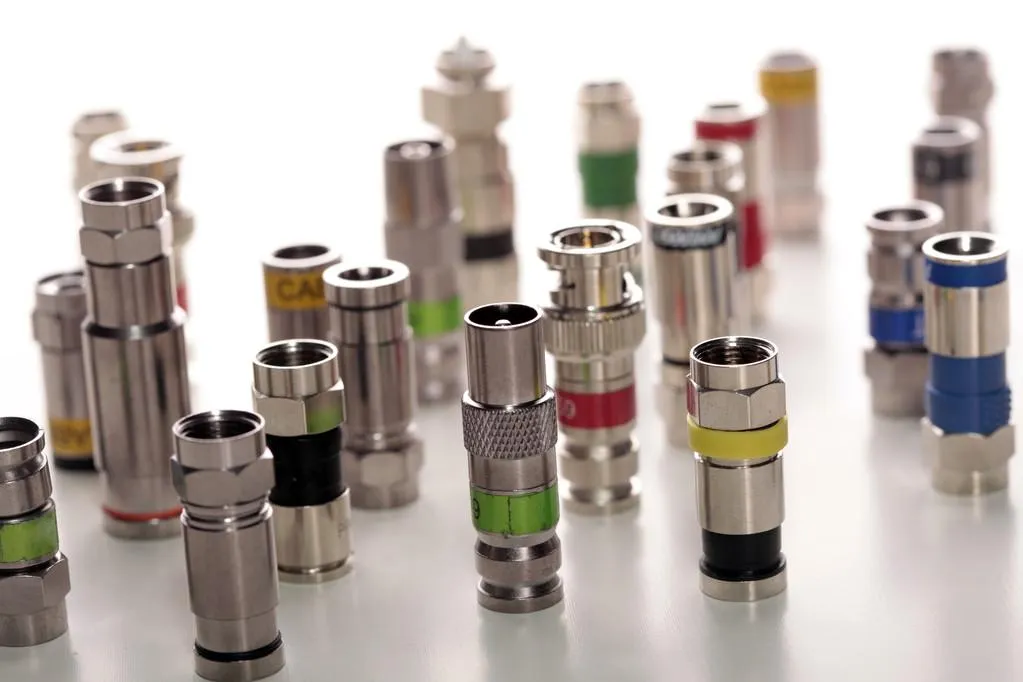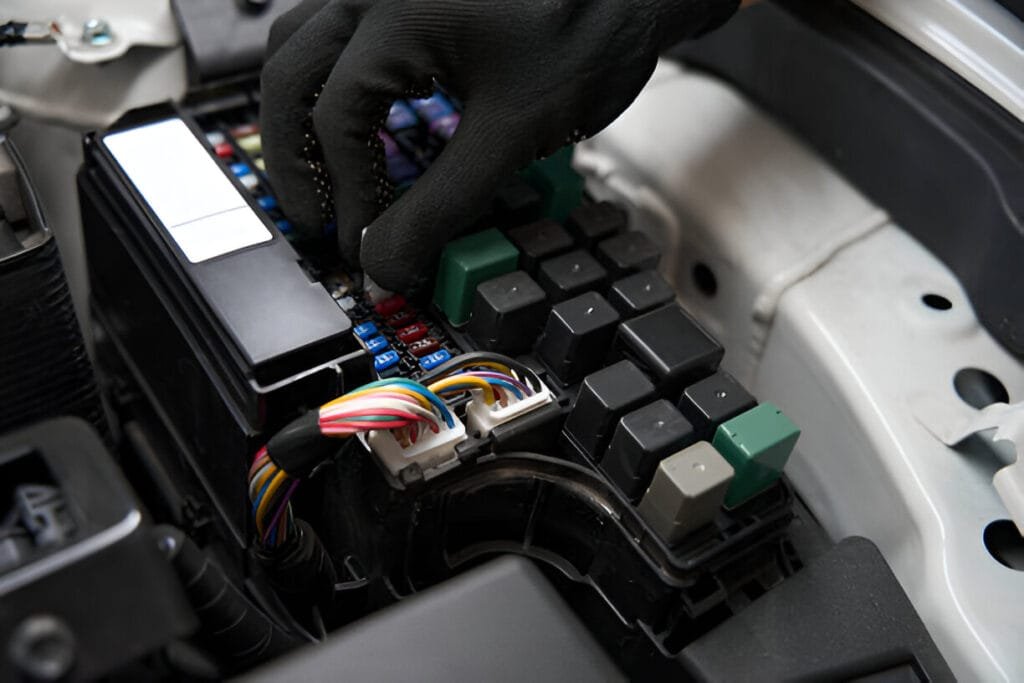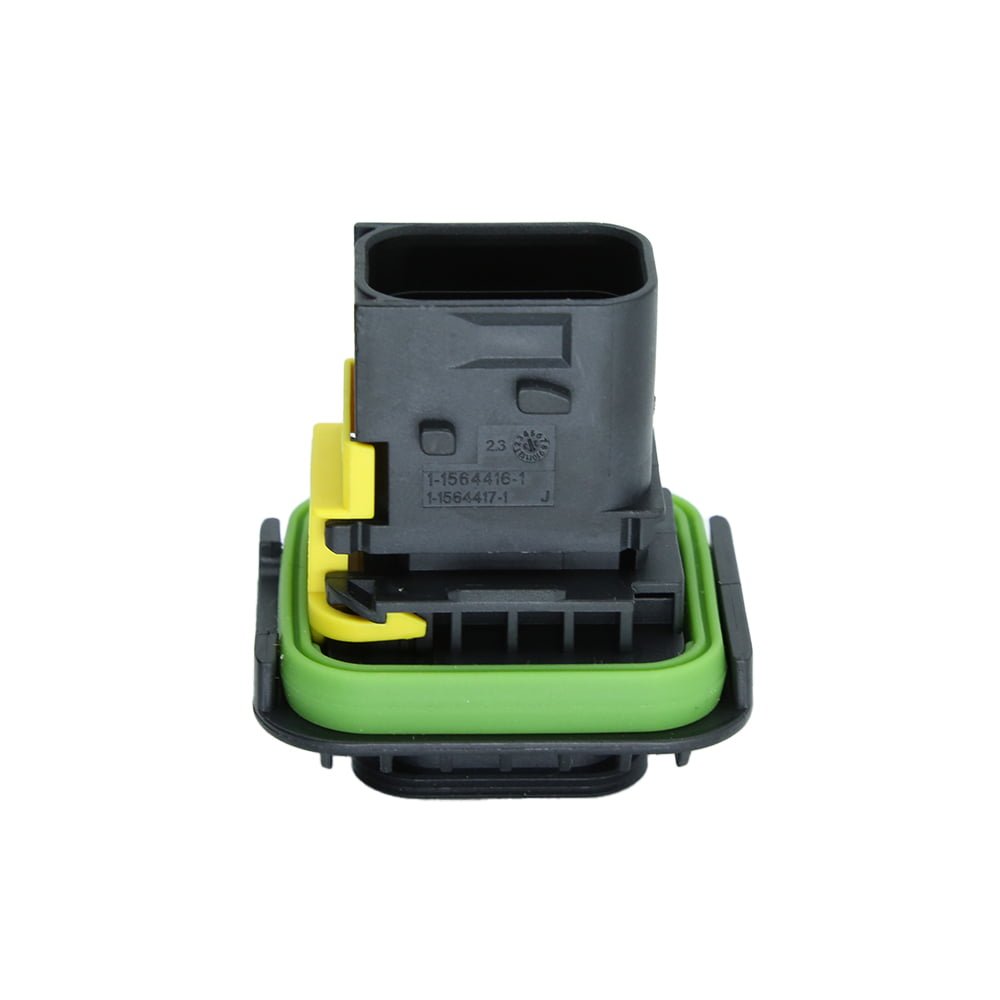What is a Heavy Duty Sealed Connector?
A Heavy Duty Sealed Connector is a specialized type of connector designed to provide reliable electrical connections in harsh environments. These connectors are often used in applications where exposure to water, dust, vibration, and extreme temperatures could compromise the performance of standard connectors. For example, they are common in automotive wiring connector systems, where durability and environmental resistance are critical.
Heavy-duty sealed connectors feature advanced sealing mechanisms such as silicone seals and integrated slide locks. These ensure that the connection remains secure and protected under challenging conditions. They are available in various configurations, including 3 pin automotive connectors, and support both power and signal transmission. Their rugged design makes them ideal for industries like construction, agriculture, and automotive manufacturing.

Heavy Duty Sealed Connector Working Principles
The functionality of heavy-duty sealed connectors revolves around their robust design and sealing technology. These connectors use materials like thermoplastic housings and silicone seals to achieve high levels of environmental protection. For instance, they comply with IP67 or IP69K standards, meaning they can resist water immersion and high-pressure water jets.
The integrated slide lock mechanism ensures secure mating, even in high-vibration environments. Additionally, secondary locking devices align and retain contacts, preventing accidental disconnection. This makes them suitable for demanding applications such as automotive firewall bulkhead connectors, where reliability is paramount.
Key Features
- Robust Sealing: Equipped with silicone seals and thermoplastic housings, these connectors meet high protection standards like IP67 and IP69K, ensuring resistance to water immersion, high-pressure jets, and dust.
- Durability: They can operate in extreme temperatures ranging from -40°C to +140°C and withstand high-vibration conditions.
- Secure Locking Mechanisms: Integrated slide locks and secondary locking devices ensure secure connections and prevent accidental disconnections.
- Versatility: Available in multiple configurations (e.g., 2-pin to 18-pin), they support both power and signal transmission.
Advantages and Disadvantages Heavy Duty Sealed Connector
Advantages
- Environmental Protection: Heavy-duty sealed connectors offer excellent resistance to water, dust, and chemicals. This makes them ideal for outdoor or industrial environments.
- Durability: These connectors can withstand extreme temperatures (-40°C to +140°C) and vibrations without degrading performance.
- Versatility: They support a wide range of wire sizes and configurations, including automotive wire connector kits for complex wiring systems.
- High Current Capacity: Some models can handle up to 40 amps, making them suitable for power-intensive applications.
Disadvantages
- Higher Cost: The advanced materials and sealing technologies used in these connectors make them more expensive than standard options.
- Complex Installation: Specialized tools are often required for proper installation, which may increase labor costs.
Application Scenarios Heavy Duty Sealed Connector
Automotive Industry
Heavy-duty sealed connectors are widely used in automotive systems due to their durability and reliability. For instance:
- Automotive connector types like 3-pin or 18-pin configurations are commonly used in wiring harnesses.
- They serve as automotive firewall bulkhead connectors, providing secure connections between engine components and the vehicle’s interior.
- In electric vehicles, they connect battery management systems to other electrical components.
Industrial Machinery
In construction and agricultural equipment, these connectors ensure reliable operation under extreme conditions like mud, dust, and vibrations.
Renewable Energy
Heavy-duty sealed connectors play a crucial role in solar panels and wind turbines by providing weatherproof connections that last for years.
Comparison with Other Connector Types
Sealed vs Non-Sealed Connector
Sealed connectors offer superior protection against environmental factors compared to non-sealed ones. While non-sealed connectors are suitable for indoor or controlled environments, sealed options excel in outdoor or industrial settings.
| Feature | Sealed Connectors | Non-Sealed Connectors |
|---|---|---|
| Protection Level | High (IP67/IP69K) | Low (indoor or controlled settings) |
| Environmental Use | Outdoor/industrial | Indoor/non-demanding environments |
| Cost | Higher | Lower |
For example:
- A 3 pin automotive connector with IP67 rating can operate underwater temporarily, whereas a non-sealed version cannot.
- Sealed connectors also prevent dust ingress, making them ideal for dusty environments like mining operations.
Heavy Duty vs Standard Automotive Connector
Heavy-duty sealed connectors outperform standard automotive wiring connectors in terms of vibration resistance, durability, and current capacity. While standard connectors may suffice for basic applications, heavy-duty options are essential for demanding tasks such as connecting motor controllers or solenoid interfaces.
Usage and Maintenance Tips
- Use appropriate tools for installation to avoid damaging seals or locking mechanisms.
- Regularly inspect for wear or damage to maintain performance.
- Clean connectors before installation to ensure optimal contact quality.
For example, when working with an automotive wire connector kit, always follow the manufacturer’s guidelines to avoid compromising the connector’s performance.
Heavy-duty sealed connectors are indispensable in industries requiring durable and reliable electrical connections under challenging conditions. Their robust design ensures long-term functionality across various applications.


